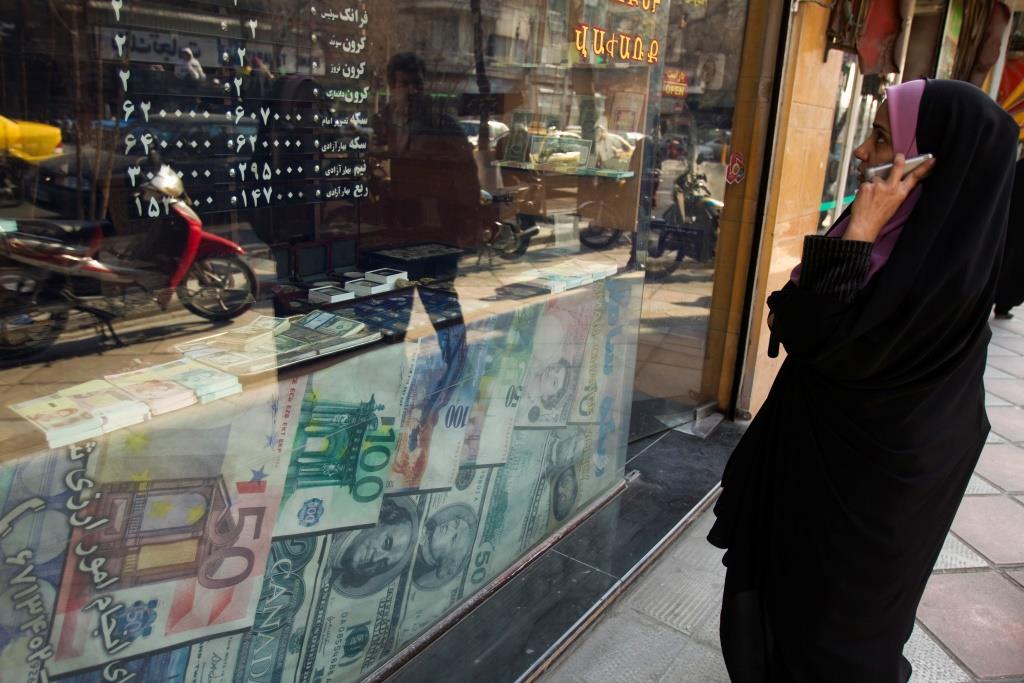Strategic Assessment
The announcement by US President Donald Trump regarding the United States’ withdrawal from the nuclear agreement prompted a host of predictions regarding the anticipated effects of the renewal of American sanctions on Iran. Various attempts to examine the effectiveness of the sanctions have tended to relate to the anticipated impact on the Iranian economy and on the policy of the regime in the same breath, particularly regarding the nuclear issue. However, these are two separate phenomena. Analysis reveals that the US economic campaign can be expected in upcoming quarters to intensify the foreign currency crisis in Iran, increase inflation, and reduce the scope of local and foreign investments. Within a few quarters, this could lead the Iranian economy to a situation similar to the one it faced on the eve of the nuclear agreement in 2015. In terms of the political implications of the renewal of sanctions, however, it is too early to assess whether the pressure in itself will serve to moderate the regime’s policies. It is also difficult to predict how the economic pressure will affect public opinion. Heightened pressure could serve to intensify popular protest in Iran, but it could also help the regime mobilize public support against the West.



